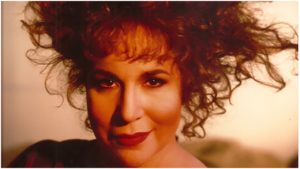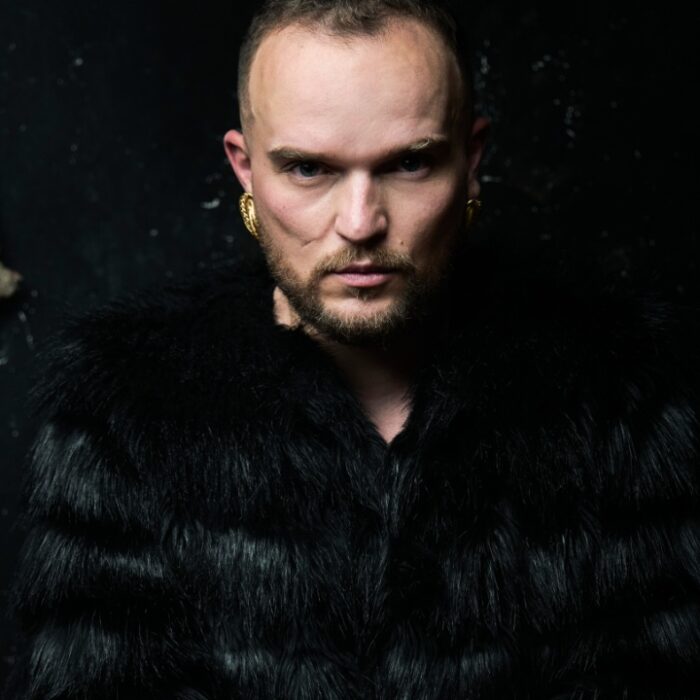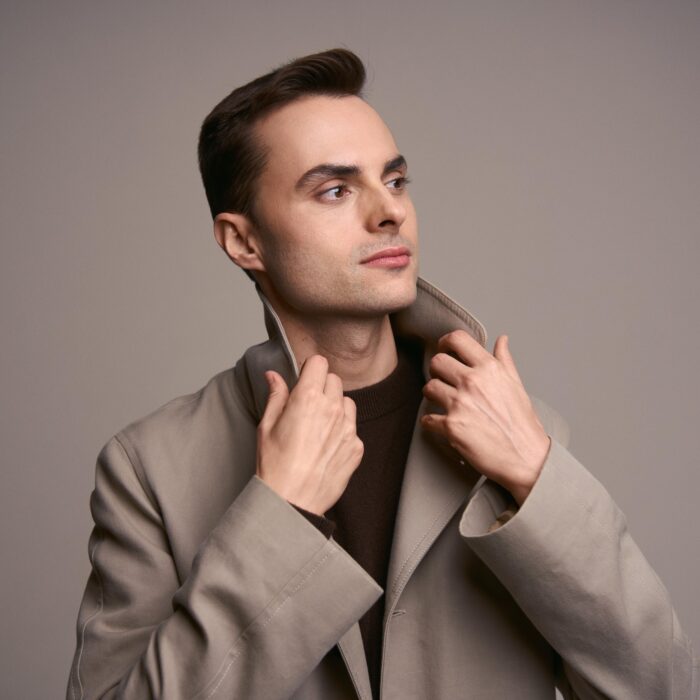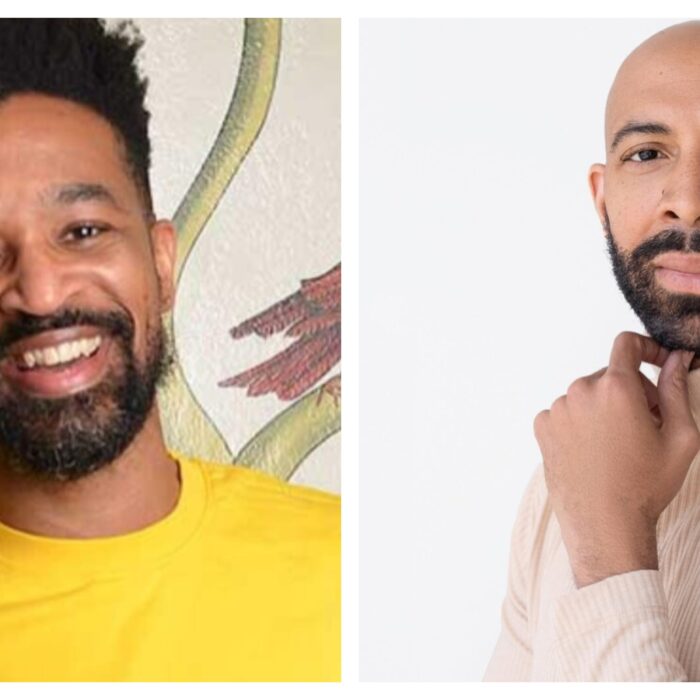
Q & A: Soprano Aprile Millo On New York City Opera Recital In Carnegie Hall, Her Parents & Verdi
By Matt CostelloInternationally renowned soprano Aprile Millo returns to New York on January 30, 2019 for a highly anticipated recital with the New York City Opera. This performance marks her first concert in the city in nearly a decade.
Accompanied by Inseon Lee on piano, Millo will perform a wide-ranging program consisting of songs by Bellini, Tosti, Liszt, Donaudy, Rachmaninoff, and Wagner, as well as arias/scenes from operas by Verdi, Boito, and Puccini.
Millo made her historic debut at the Metropolitan Opera as Amelia in Verdi’s “Simon Boccanegra” in December 1984 as a last-minute replacement. That debut launched her career with critics calling her “a new Verdi star.” With the Met Opera as her “home” for over 20 years, Millo would go on to perform and triumph at the major opera houses worldwide.
OperaWire recently caught up with the soprano to discuss the recital’s importance to her, her parents, and Verdi.
OperaWire: You are returning to New York where you have performed so many times in your life. And moreover, you’re going to be in Carnegie Hall, one of the famed musical temples in the world. What memories or thoughts immediately come to you when you think about performing here?
Aprile Millo: It’s always felt like home. It is a very important part of life fabric and the tapestry of New York.
It is where I saw my mom and dad do the duet of “Cavalleria Rusticana” that changed my life. They were Turridu and Santuzza. They showed me the magic and the majesty of opera right here in this building. I would go and play in the theater, around the red chairs, and watch the glorious hall vibrate even while empty.
I have been blessed to sing countless nights of great music right here. I cannot wait to see Zankel Hall and feel the “spirits” of this new addition to Carnegie.
OW: Speaking about your parents, this upcoming recital is dedicated to the memory of your father, tenor Giovanni Millo. Can you tell us about him as a father, performer and mentor?
AM: On January 30, I get to celebrate my parents who led me to a magical world of opera, specifically this time my father. You may hear the greatness of this voice but you cannot imagine the measure of this man’s soul and his generosity. He was a champion for all his children but we was a hero to me. My Mom and he were superb. They ignited onstage. They painted a world of impossible love and yearning and joy and anger that were and are wrapped in blankets of glorious melodies and made accessible by the shared alchemy of humanity.
How can you ever say thank you enough? Zankel Hall, Carnegie Hall. The story continues. At New York City Opera he sang during its first few seasons using his Father’s name Hamill in [such works as ] “Faust” and “Pirates of Penzance.” The voice grew and here in these two clips I include, he is applying for a grant that would take him to Italy where he auditioned for Victor De Sabata and was hired at La Scala. [There is ] so much promise and hope in his voice as he opens his recording. I am not even a flicker in his eye yet. It was made here in NYC at then NuTone Studios.
[I am] very grateful to Mr. [Michael] Capasso for this chance to celebrate a great American tenor, and the daughter who will always be grateful to him and her mom.
OW: How does a recital compare for you with being on a big opera stage?
AM: My recitals are a chance to share lots of different music and truly share with an audience these glorious melodies and get to know them as they get to know me.
I feel like they are in my home. I want them feel like we are in this together. Music is everything to me and recitals used to be such an important way to get to know a voice and the person that carries it to you. I am hoping recitals and evenings of song come back even more.
OW: What was the process like in deciding on the program for this recital?
AM: I have brought a good deal of what I gave for my recent recital in London. They loved it because it was very personal and very much given to them with a sense of real joy. I grew up in front of New York; they have heard practically everything I have ever done so I tried to mix it up. [There are] some old and new pieces and [I have included something as] the tribute to Dmitri Hvorostovsky. That music is sublime and he always wanted me to sing it, and now I will for him. Very emotional.
OW: What is the experience of going back to music that you have performed many times throughout your career?
AM: I am always surprised by how it feels to have music come out of a human body and the effect it has on the audience. That is why seeing something LIVE is so important to me. It is like nothing else. There is a visceral feeling and an almost sacred feeling to the voice as the principal element used to convey text and melody. My joy is in the reaction of the public to the pieces. That is the lifeblood of the theater.
OW: You have been honored with the Verdi d’Oro, presented by the Amici di Verdi di Bussetto, Italy. For a great interpreter of Verdi’s heroines, did this honor have a special meaning for you?
AM: You have only to list a few of the singers [that have won the award]. Carlo Bergonzi, Renata Tebaldi, Renata Bruson, Plácido Domingo, Fiorenza Cossotto, Cesare Siepi. They have awarded it only 14 times in its 46-year history.
All over the city people were playing my records and the night of the concert it was like a dream. All of Italy, especially Verdi, in his city of Busseto, not far from where he lived and died in Sant’Agata, was saying “Brava” to me! I could feel that Verdi was there.
When I was 20-years-old, the first competition I won was the the Concorso Voce Verdiane. My mother came running to me to say, “Oh Aprile, you’ve won!! Verdi has kissed you forever!” She was right, and that night of the Verdi D’Oro, I imagined her there in the theater saying to me “He is kissing you still!”
Verdi has been the inner melody of my soul. He has made my life and my contribution to music more noble, more beautiful. I have adored him and revere him and give thanks for having been a soprano that served Verdi. That Italy awarded it meant a lot. They are very particular so it was a tremendous vote of confidence for me and for my career. I am forever honored by this Verdi D’Oro.
OW: Regarding your Verdi roles, is there one that has special meaning for you?
AM: It’s like asking which child a mother loves more. But I would say, definitely “Aida,”which brought me so much success, and “Il Trovatore.”
Or perhaps “Luisa Miller” and “Un Ballo,” or “Don Carlo.” It is so hard for me. They all are beats of my heart.


